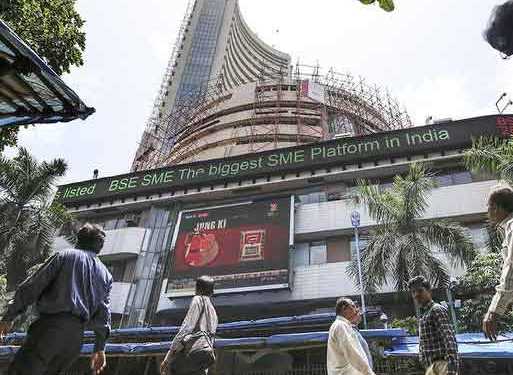One problem Indian companies and financial markets have faced since decades is low investment by common people in stock markets. The crunch of retail investor has forced the companies to go to banks and other financial institutions for capital required to start new operations. They were also dependent on Foreign Institutional Investors (FII) to raise good amount of capital. But this huge problem is on the way to get solved as the number of retail investors has grown exponentially in recent years. The number of registered investors at Bombay Stock Exchange (BSE), one of two major stock exchanges in India has witnessed 14.22 percent growth last year.
According to the data available with BSE, registered investors or clients (direct equity investors and mutual fund investors using BSE platform) has grown to 4.01 crore as on August 24, riding on 49,95,854 new investors added last year. This resulted in 21.2 per cent jump in sensex last year. This kind of rise in sensex especially backed by domestic investor is unforeseen. Maharashtra has experienced the sharpest rise in the number of retail investors. It added 10 lakh clients (13 per cent) while the neighboring Gujarat added over 8 lakh investors. States like Uttar Pradesh, West Bengal , Bihar, Odisha which is very backward in terms of percentage of people investing in stock market has also witnessed rise. Uttar Pradesh added 3.4 lakh new investors while Tamil Nadu and West Bengal 3.34 lakh and 3.01 lakh respectively. The national capital territory of Delhi added 2.64 lakh investors. Odisha saw a 21.8 per cent jump in new investors, Bihar and Haryana grew at 19.7 per cent and 16.1 per cent, respectively.
The important thing here is that Foreign Portfolio Investors (FPIs) has pulled out Rs 11,428 crore from the Indian equities primarily due to hike in US Fed rates. But the stock markets rose despite FPIs pulling out money because between August 2017 and July 2018 domestic investors infused Rs 1,56,687 crore to support 21.2 percent rally. The introduction of Systematic Investment Plan (SIP) has made it very easy to invest money in stock market, so technical knowledge for investment is no longer needed. The mutual funds made stock market investment accessible to common people of the country and democratized the system for small savers. The return in Indian stock market is significantly high due to good performance of Indian companies, this is also one of the reasons behind positive investor sentiment.
The government’s crackdown on black money through steps like demonetization, closing down of lakhs of shell companies, strict regulations in real estate sector, upgradation of Benami property act has left no destination to hide the untaxed money. Therefore, from the investor’s perspective, if he/she has to give taxes in any case, might as well invest in securities because they are giving better and guaranteed returns when compared to the ever fluctuating gold and dismal real estate sector. If the investment is in the stock market, then the company gets the money and invests in further projects, which increases market activity and hence spurs economic growth. The government has the records of investments in the stock market and it taxes the gains from investment in equities. The government collecting more taxes is good for both the individual and society, because the money collected from taxes will ultimately be used for the development of the country.

























